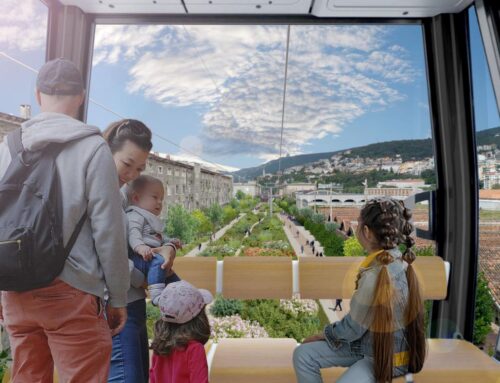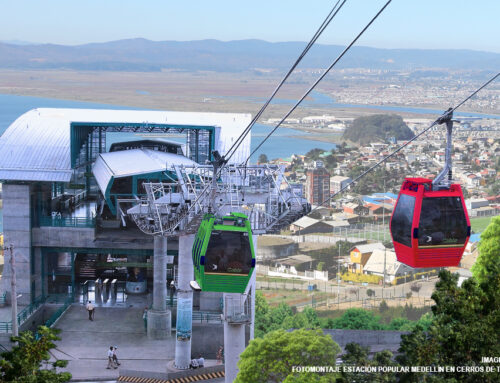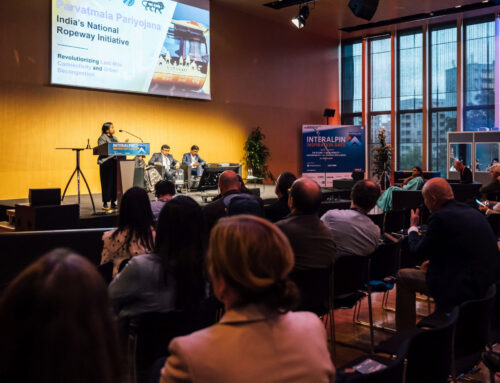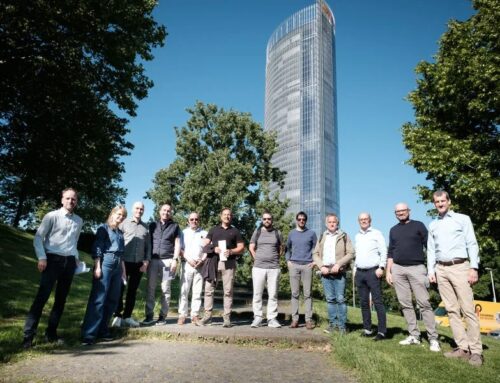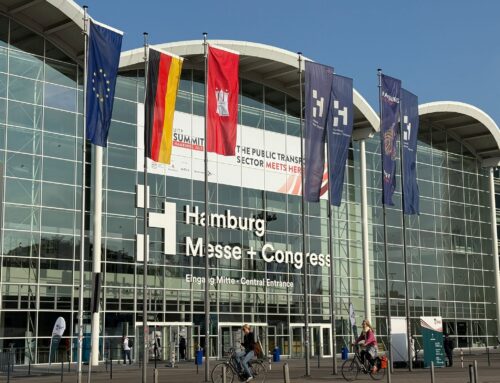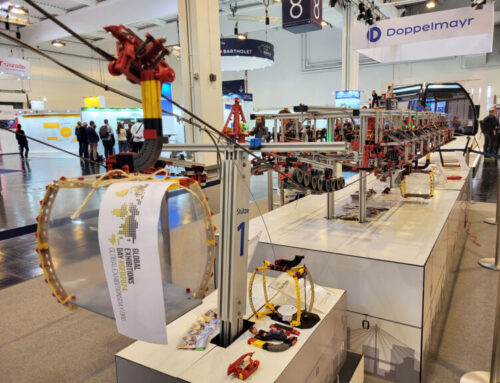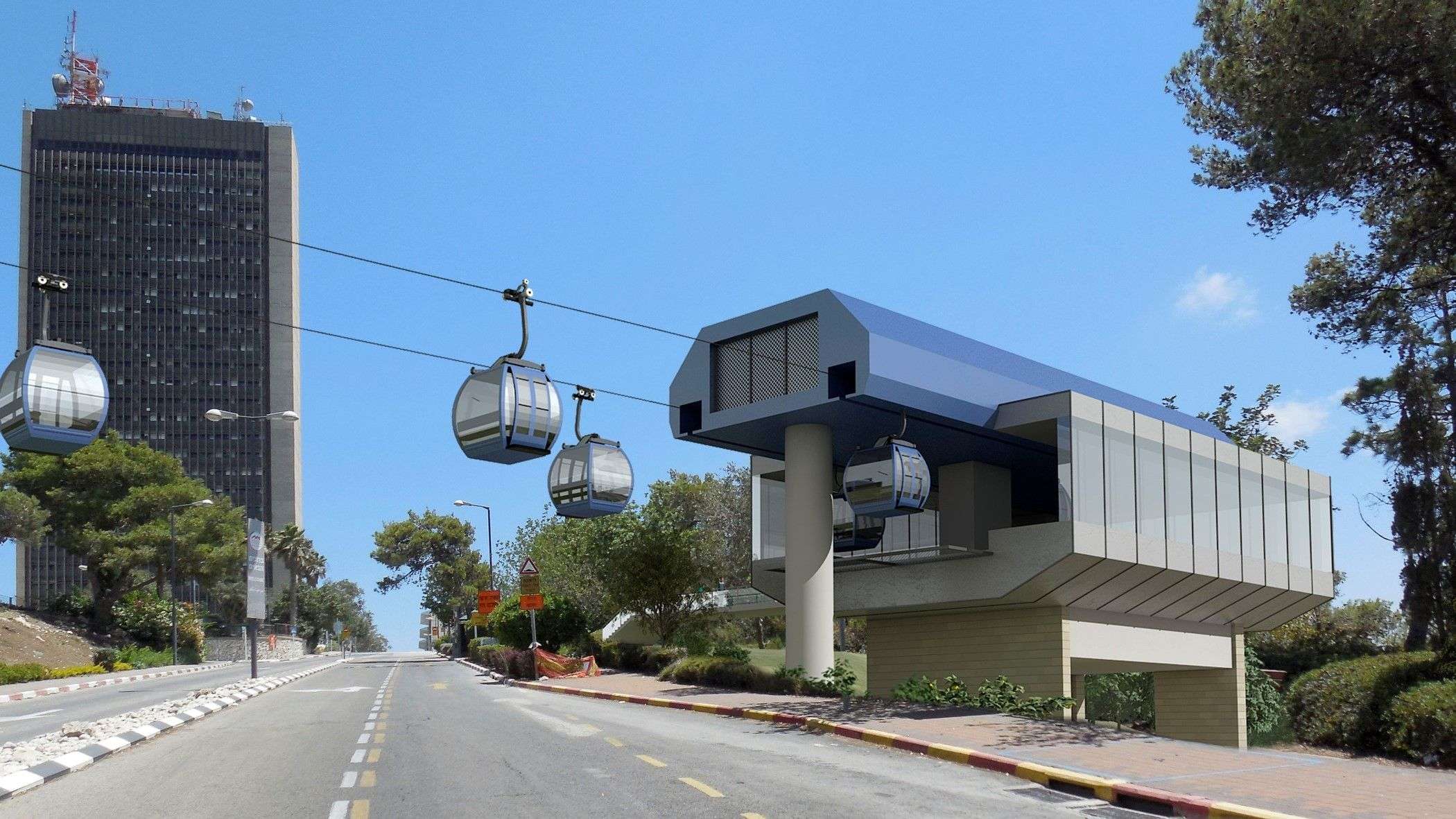
Cities, SI-Urban
Test phase started in Haifa
Haifa is a port city in northern Israel that stretches widely from the Mediterranean Sea to Mount Carmel. The Israeli city is best known for its beautifully landscaped hanging Bahai gardens.
However, the geographical features of the land that distinguish the gardens are not a blessing in all respects. Due to its mountainous location on the northern slope of the Carmel Mountains, there are few options for transporting the city’s 600,000 inhabitants.
For this reason, a cable car has been a recurring topic of discussion for quite some time. In 2018, these plans became more concrete and now the new Haifa cable car is under construction.
Sea and mountain in one ride
The six stations will stretch from the Haifa Bay bus station to the Technion in the centre and Haifa University on Mount Carmel. This cable car is intended to make the mountainous terrain more accessible to people and save time. Each of the planned 76 cabins will offer space for ten people. In order to achieve the desired transport capacity of 2,400 people per hour, the suspension systems will start in 30-second intervals.
Integration in public transport
According to israelnetz.com, the transport company Netivei Israel and the ministry have invested almost 90 million euros in the project. Once completed, the cable car is planned to be fully integrated into the city’s public transport system. So far, this includes buses, the Metronit rapid transit bus system and the Carmelit single metro line.
The Haifi cable car project was preceded by a planning phase of about 10 years, during which not only suitable locations were considered, but also ride comfort. Since the planned journey time is 19 minutes, care was taken to ensure that the cabins were equipped with cooling systems.
The cable car is not yet officially in operation, but already the transport minister is considering for which other cities such a concept would be useful. Currently, he sees Tiberias and Zichron as suitable candidates for a similar project in the future.
